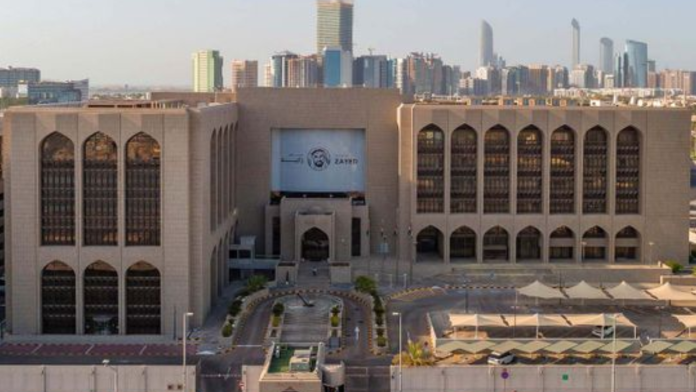Khaled Mohamed Balama, Governor of the Central Bank of the UAE, and Perry Warjiyo, Governor of Bank Indonesia, signed a Memorandum of Understanding supporting the steady growth of trade relations between the two countries through the establishment of a framework that promotes the use of local currencies for bilateral transactions.
The partnership between the UAE and Indonesia witnessed a remarkable growth in non-oil trade, doubling between 2017 and 2023 to reach more than AED16 billion.
The MoU defines a framework comprising various elements and measures to facilitate the settlement of cross-border trade transactions in the two national currencies (the UAE Dirham and the Indonesian Rupiah) as agreed between importers and exporters. It also outlines the types of eligible transactions and allows for developing the conditions to support hedging and liquidity management activities in AED-IDR.
Also Read: Saudi Cables intends to increase its capital by 400 million riyals
This collaboration marks a key milestone in strengthening bilateral financial cooperation and will help businesses reduce transaction processing costs.
Under this agreement, the Central Bank of the UAE and Bank Indonesia will collaborate on promoting the use of their national currencies by supporting the gradual implementation of the framework, which also aims to develop financial markets to support economic growth and financial stability.
Commenting on the MoU, Khaled Mohamed Balama, Governor of the Central Bank of the UAE, said,
“This agreement constitutes a strong basis for strengthening future partnerships between both parties, laying the ground for more business opportunities in the banking and financial sector and supporting trade and investment growth.”
Perry Warjiyo, Governor of Bank Indonesia, said,
“We are pleased to embark on another cooperation to deepen financial integration and strengthen the economic relations of the UAE with Indonesia. Local currency transactions would further support financial stability and resilience, and deepen the financial market to address heightened external vulnerabilities.”


